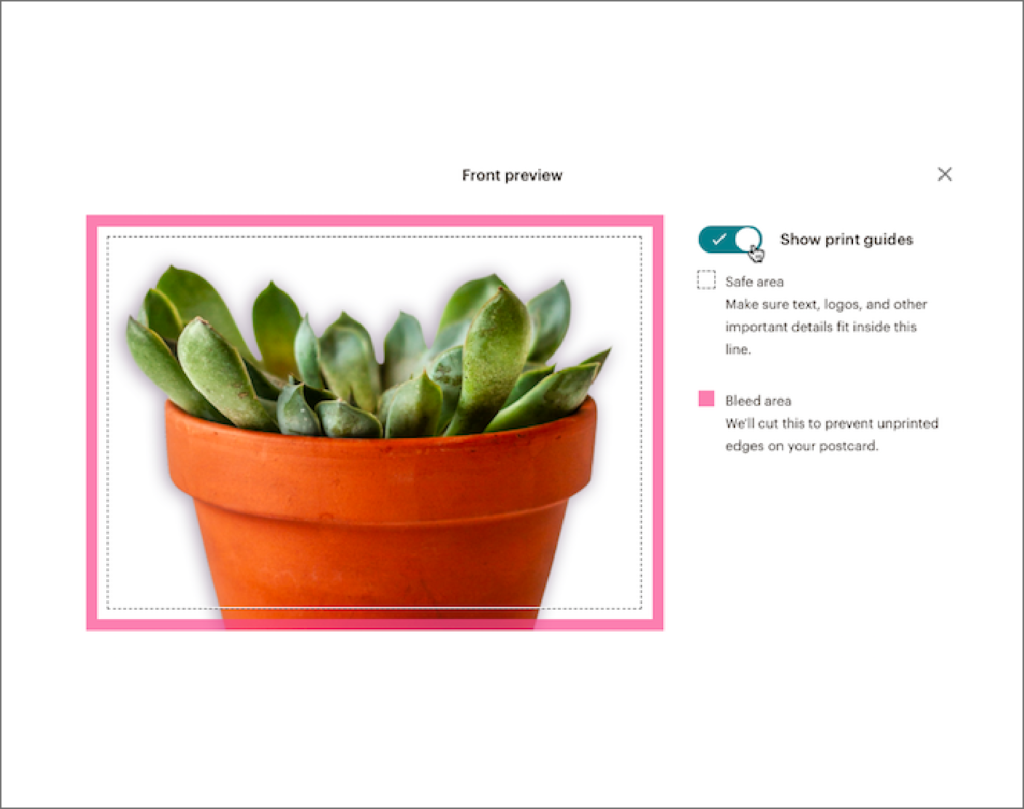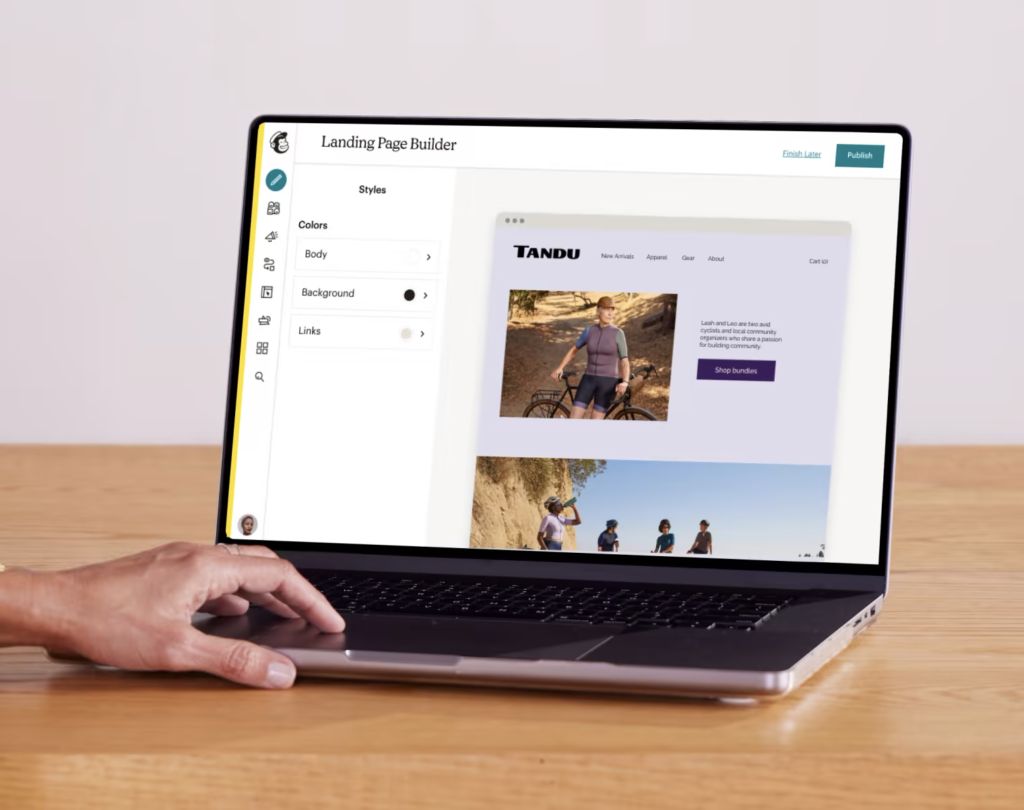Introduction
In today’s digital age, where data privacy is paramount, businesses must take proactive measures to ensure compliance with regulations such as the General Data Protection Regulation (GDPR). For companies utilizing email marketing services like Mailchimp, understanding and adhering to GDPR guidelines is crucial to building customer trust and avoiding potential legal ramifications.
What is GDPR?
The GDPR is a European Union regulation designed to protect EU citizens’ privacy and personal data. It imposes strict rules on how businesses collect, process, and store personal information, empowering individuals with greater control over their data.
Mailchimp’s Commitment to GDPR Compliance:
Mailchimp, a popular email marketing platform, recognizes the significance of data privacy and has taken steps to align its practices with GDPR requirements. Here’s how Mailchimp addresses critical aspects of GDPR compliance:
- Consent Mechanisms: Mailchimp provides tools for businesses to obtain unambiguous consent from their subscribers. This includes customizable signup forms, checkboxes for consent, and the ability to record when and how consent was obtained.
- Data Processing Agreements: To comply with GDPR’s data processing requirements, Mailchimp offers Data Processing Agreements (DPAs) that outline the terms and conditions governing the processing of personal data. Businesses using Mailchimp can sign these agreements to ensure that their data processing activities align with GDPR standards.
- Subscriber Rights: GDPR grants individuals certain rights concerning their data. Mailchimp allows businesses to manage these rights efficiently. Subscribers can easily access, correct, or delete their information, ensuring that companies comply with GDPR.
- Security Measures: Mailchimp has implemented robust security measures to safeguard the personal data entrusted to its platform. These measures include encryption, access controls, and regular security audits, providing businesses with confidence in protecting their subscribers’ information.
Practical Tips for GDPR Compliance with Mailchimp:
- Update Privacy Policies: Ensure your privacy policies are transparent, easily accessible, and explicitly state how personal data will be used.
- Consent Management: Communicate the purpose of data collection and use double opt-in mechanisms to verify subscriber consent.
- Data Minimization: Only collect the data necessary for your email marketing campaigns, reducing the risk associated with excessive data processing.
- Regular Audits: Periodically review and audit your Mailchimp account settings, subscriber lists, and consent mechanisms to ensure ongoing GDPR compliance.
- Stay Informed: Keep abreast of updates and changes to Mailchimp’s features and GDPR to adapt your practices accordingly.
Conclusion:
Mailchimp’s commitment to GDPR compliance and its user-friendly tools make it a reliable choice for businesses looking to navigate the complexities of data protection regulations. By understanding and implementing these guidelines, companies can build trust with their audience and foster a reputation for respecting user privacy in an increasingly data-centric world. Remember, GDPR compliance is not just a legal obligation but a crucial step towards establishing a secure and ethical foundation for email marketing.
Find out more at mailchimp.com


